Potent cannabis users 'at higher risk of psychosis' – briefing
Study suggests frequency and strength of cannabis is significant when it comes to developing psychosis
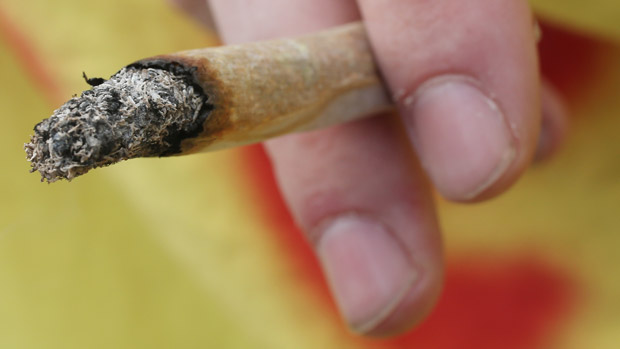
A free daily email with the biggest news stories of the day – and the best features from TheWeek.com
You are now subscribed
Your newsletter sign-up was successful
Users of potent cannabis are three times more likely to suffer from psychosis than non-users, according to a new study of hundreds of people in London.
Researchers at King's College London found that using potent cannabis was linked to almost a quarter of new psychosis cases they studied. However, their results also found that the use of hash, a milder form of the drug, was not associated with any increased risk of psychosis.
Experts suggest the study could advance our understanding of the relationship between the drug and mental health:
The Week
Escape your echo chamber. Get the facts behind the news, plus analysis from multiple perspectives.

Sign up for The Week's Free Newsletters
From our morning news briefing to a weekly Good News Newsletter, get the best of The Week delivered directly to your inbox.
From our morning news briefing to a weekly Good News Newsletter, get the best of The Week delivered directly to your inbox.
What is psychosis?
The NHS describes it as a mental health problem that causes people to "perceive or interpret things differently from those around them". This can involve paranoia, hallucinations or delusions. It is not a condition in itself, but is triggered by other conditions such as schizophrenia or bipolar disorder.
What have previous studies found?
The Royal College of Psychiatrists says there is "sufficient evidence to show that those who use cannabis, particularly at a younger age, such as around the age of 15, have a higher than average risk of developing a psychotic illness, such as schizophrenia or bipolar disorder". These studies suggest that the more cannabis someone uses, the more likely they are to develop a psychotic illness. The available research also shows that those who have a family history of a psychotic illness may be at a higher risk of developing psychosis following the regular use of strong cannabis.
A free daily email with the biggest news stories of the day – and the best features from TheWeek.com
What does the latest study say?
King's College London's Institute of Psychiatry, Psychology and Neuroscience found that the risk of psychosis depends not only on the frequency of use, but also on the potency of the cannabis used. The study, which will be published in the Lancet Psychiatry later this week, analysed 410 patients with psychosis and 370 healthy participants. The risk was said to be three times higher for people who used potent cannabis than for non-users. This increased to five times higher for people who used it every day.
Does cannabis cause psychosis?
Suzi Gage, who has written a Phd on the topic, points out that the exposure for each participant in the King's study has been assessed retrospectively and may therefore include over or under reporting. The authors also note that the association is not necessarily causal. "There's lots of consistent evidence associating cannabis use with psychosis and schizophrenia, but as the saying goes, correlation isn't causation," writes Gage in The Guardian. Nevertheless, she says the new research is "an important step on the road to understanding the nature of the association between cannabis and psychosis".
How is 'potent' cannabis defined?
The BBC says that generally skunk, a stronger type of cannabis, contains more tetrahydrocannabinol (THC), the main psychoactive ingredient, than other types, making it more "potent". While hash (cannabis resin) contains cannabidiol or CBD, which can actually act as "an antidote to the THC, counteracting psychotic side effects". Dr Marta Di Forti, lead author on the research, told BBC Radio 4's Today programme that skunk was becoming more widespread. "In London, it's very difficult to find anything else," she said. Di Forti called for a "clear public message" to cannabis users and said GPs should be encouraged to ask how often and what type of cannabis their patients use.
-
 The Olympic timekeepers keeping the Games on track
The Olympic timekeepers keeping the Games on trackUnder the Radar Swiss watchmaking giant Omega has been at the finish line of every Olympic Games for nearly 100 years
-
 Will increasing tensions with Iran boil over into war?
Will increasing tensions with Iran boil over into war?Today’s Big Question President Donald Trump has recently been threatening the country
-
 Corruption: The spy sheikh and the president
Corruption: The spy sheikh and the presidentFeature Trump is at the center of another scandal
-
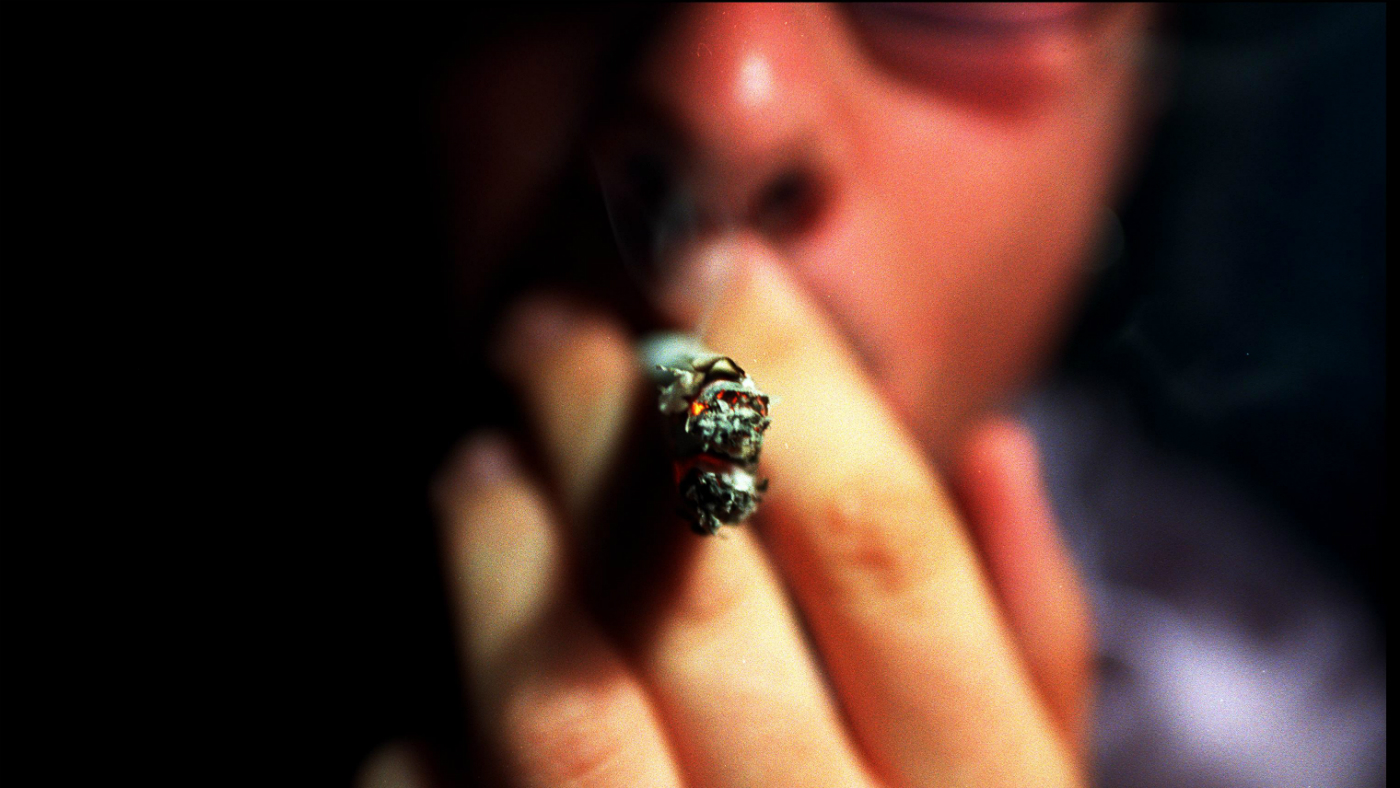 Cannabis users ‘can wake up during surgery’
Cannabis users ‘can wake up during surgery’feature And other stories from the stranger side of life
-
 ‘Love Island should take pride in including the queer community’
‘Love Island should take pride in including the queer community’Instant Opinion Your digest of analysis from the British and international press
-
 ‘Centrism is back with a fresh coat of paint’
‘Centrism is back with a fresh coat of paint’Instant Opinion Your digest of analysis from the British and international press
-
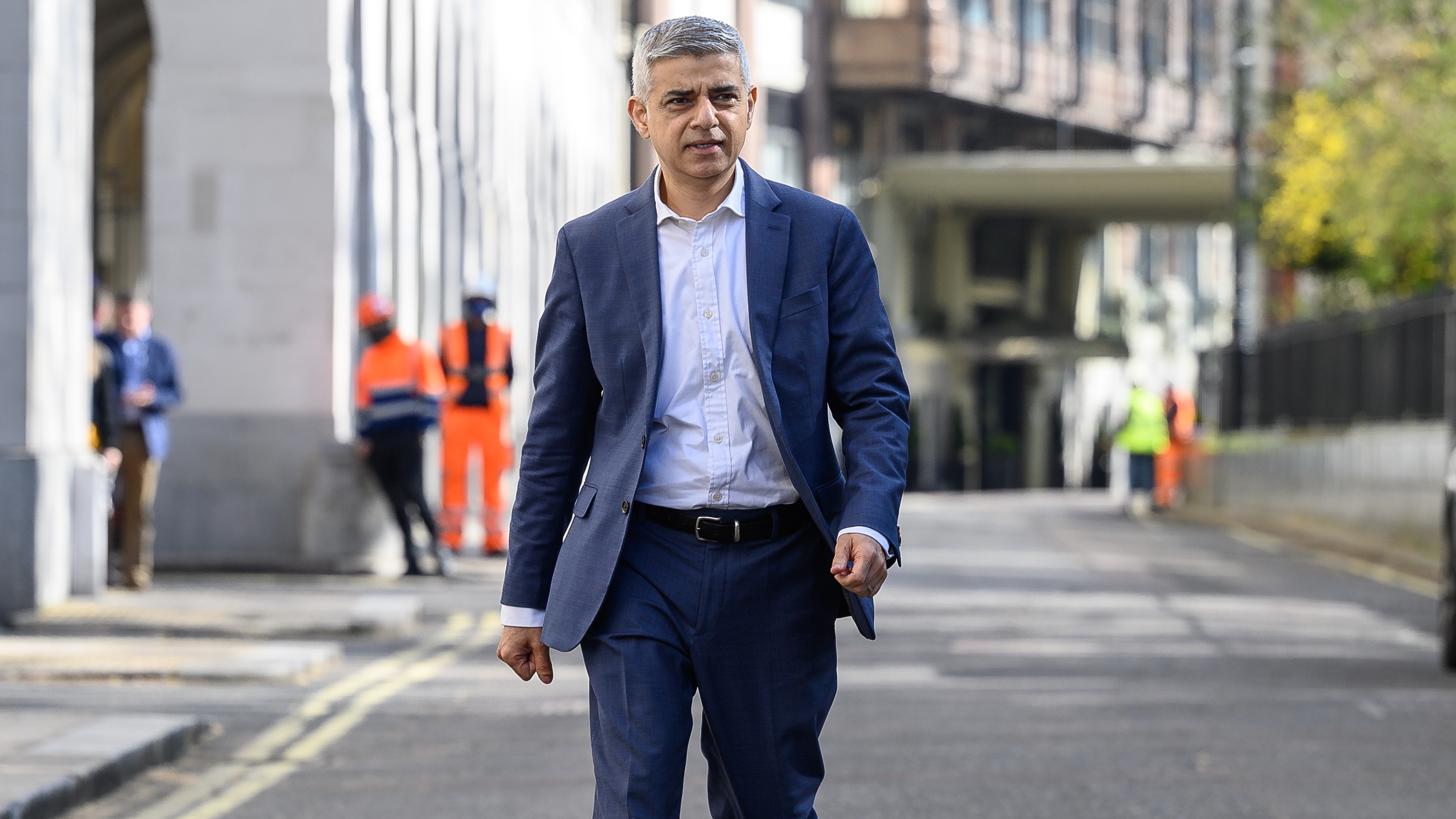 The benefits of cannabis legalisation
The benefits of cannabis legalisationIn the Spotlight London Mayor Sadiq Khan says there is widespread public support for decriminalisation of the class-B drug
-
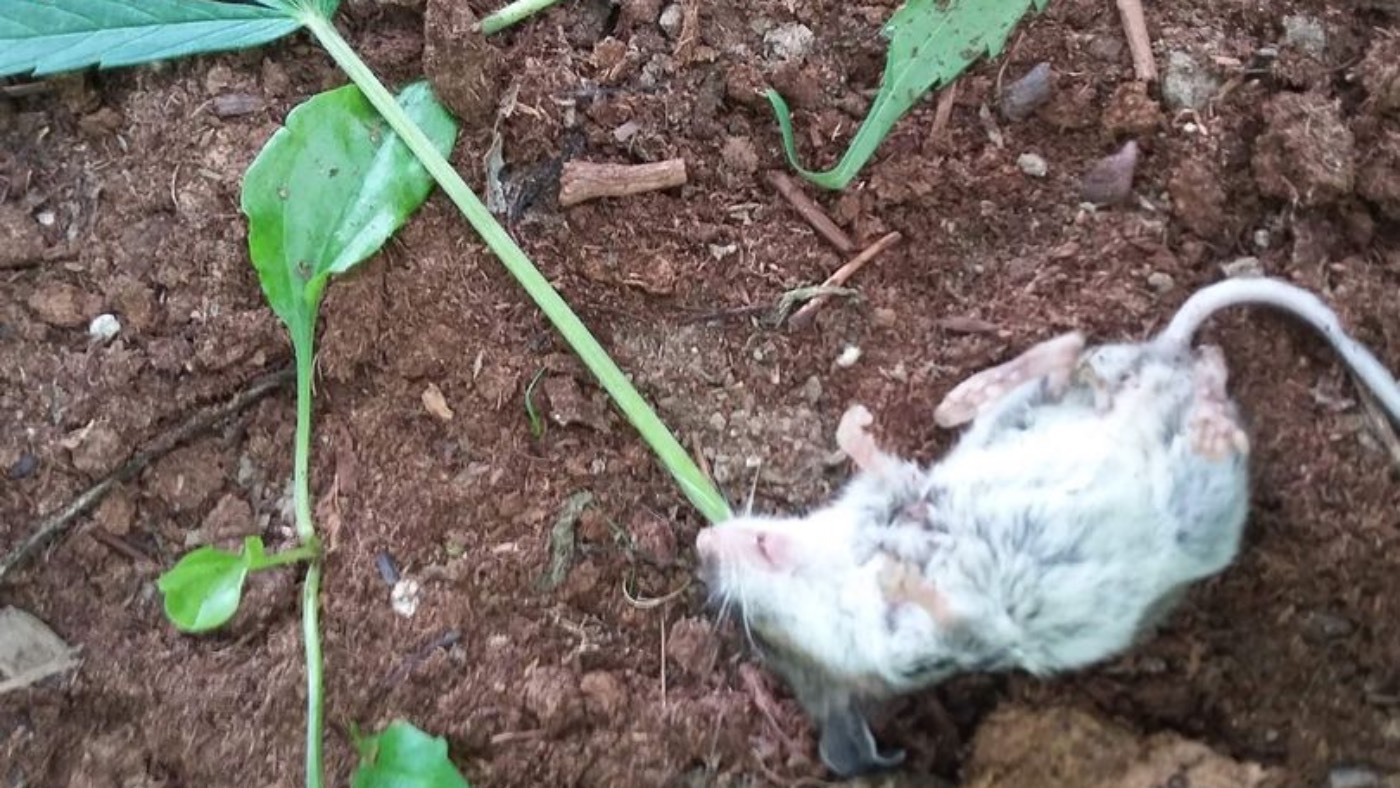 Wild mouse passes out after eating cannabis plant
Wild mouse passes out after eating cannabis plantSpeed Read And other stories from the stranger side of life
-
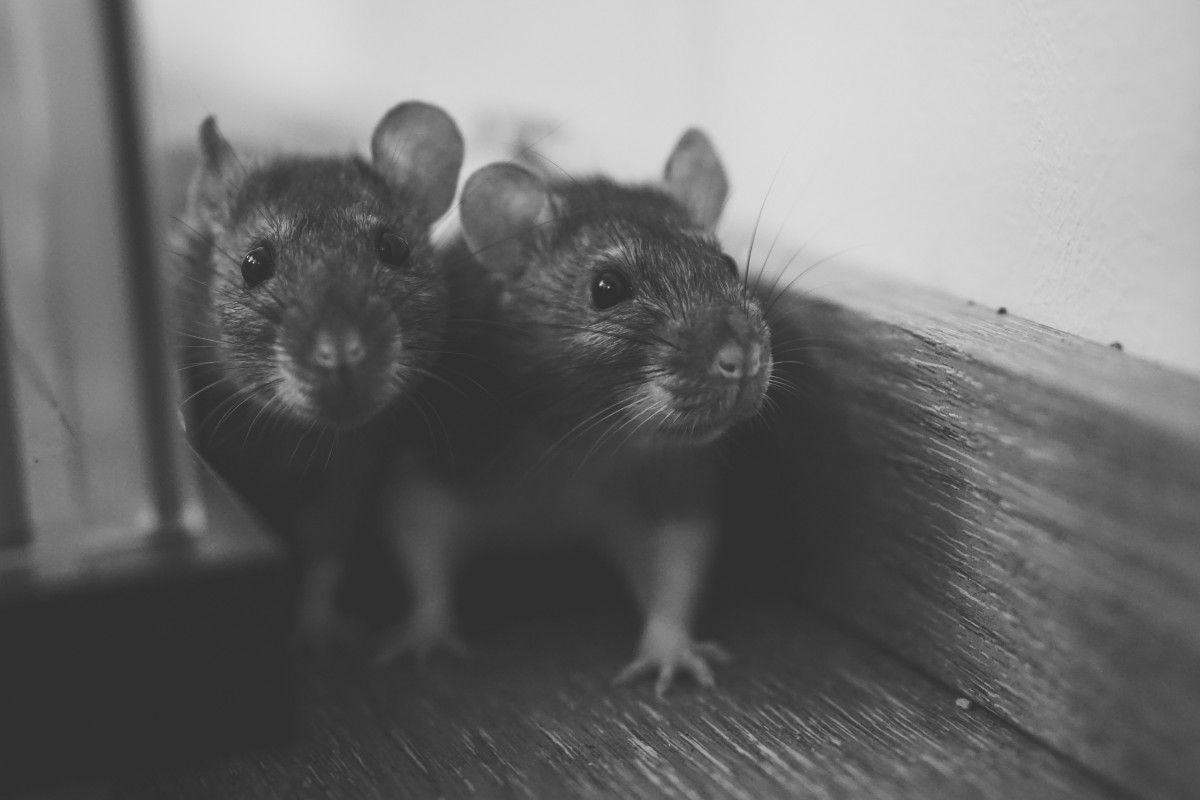 Britain being overrun by ‘randy rodents’
Britain being overrun by ‘randy rodents’Speed Read And other stories from the stranger side of life
-
 The Week Unwrapped: Electric trees, government weed and skywriting
The Week Unwrapped: Electric trees, government weed and skywritingIn Depth Could leaves power the homes of the future? Why isn’t legal cannabis catching on? And will British skies soon fill with messages?
-
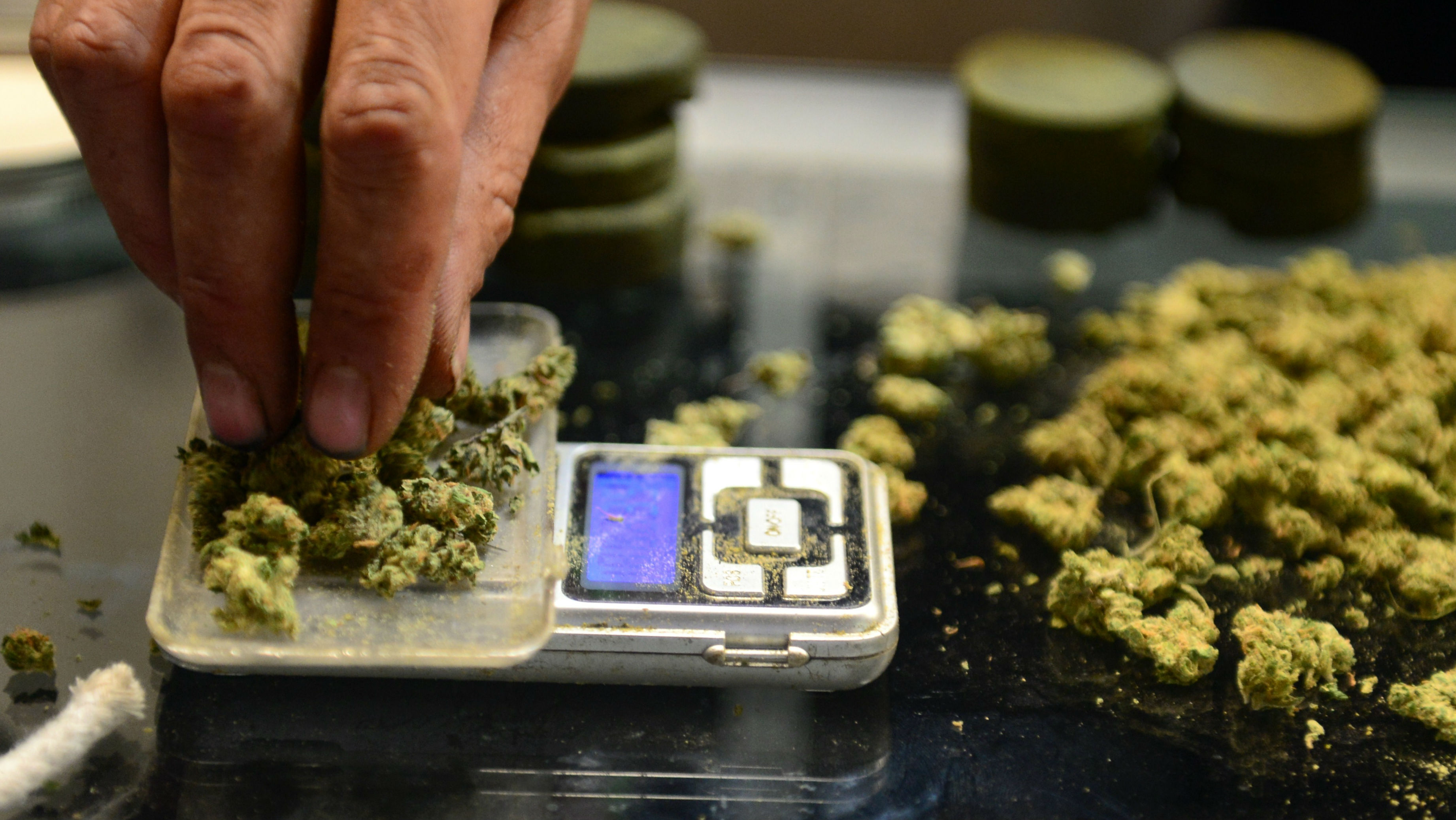 Why is Canada’s black-market cannabis market booming?
Why is Canada’s black-market cannabis market booming?In Depth Many users still buy from unlicensed dealers despite legalisation of the drug